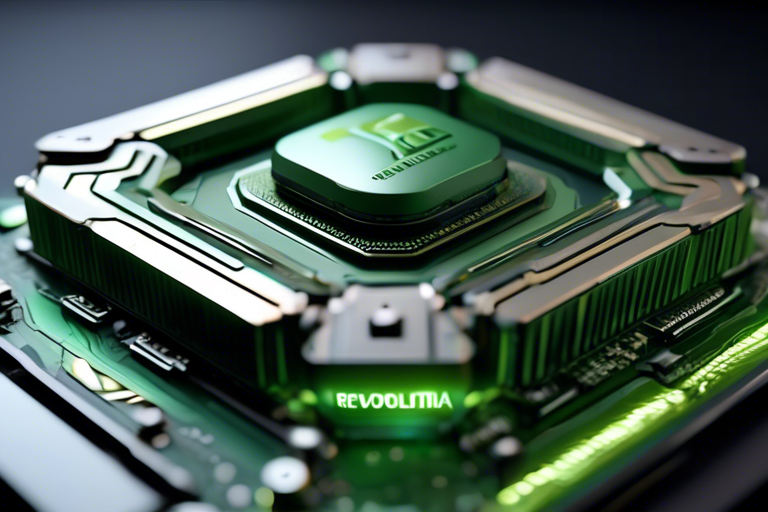Accelerating Autonomous Machine Development with NVIDIA Omniverse Cloud Sensor RTX™
NVIDIA has recently unveiled NVIDIA Omniverse Cloud Sensor RTX™, a collection of microservices specially designed to simulate sensors accurately, thereby speeding up the progress of autonomous machines. The announcement was made at the Computer Vision and Pattern Recognition (CVPR) conference, as mentioned in the NVIDIA Newsroom.
Revolutionizing Sensor Simulation 🌟
– Introducing a breakthrough in the sensor industry
– Rapidly growing multibillion-dollar sector
– Facilitating extensive testing in realistic virtual environments
– Enhancing safety and reducing time and costs
Supercharging Simulation at Scale 🚀
– Leveraging OpenUSD framework and NVIDIA RTX™ ray-tracing
– Real-world data integration for accurate simulations
– Capable of simulating various activities across different industries
– From robotic arm functionality to factory conveyor belt operations
Research Milestones and Real-World Applications 📈
– NVIDIA’s first-place win at the CVPR Autonomous Grand Challenge
– Using Omniverse Cloud Sensor RTX for AV simulation
– Early access for companies like CARLA, Foretellix, and MathWorks
– Accelerating AV development and sensor integration
Availability and Early Access 🌐
– Sign up for early access to Omniverse Cloud Sensor RTX
– Expected release later this year
– Paving the way for innovative advancements in autonomous machine development
– Revolutionizing AI-driven applications and technologies.
Hot Take: Embracing the Future of Autonomous Machines 🌌
With the introduction of NVIDIA Omniverse Cloud Sensor RTX™, the development of autonomous machines is set to reach new heights. By leveraging cutting-edge technology, these microservices promise to revolutionize the sensor industry, paving the way for safer, more efficient AI-driven applications. Stay tuned for the upcoming release of Omniverse Cloud Sensor RTX™ and witness the future of autonomous machine development unfold before your eyes. Are you ready to embrace the next wave of AI innovation?





 By
By
 By
By
 By
By
 By
By

 By
By